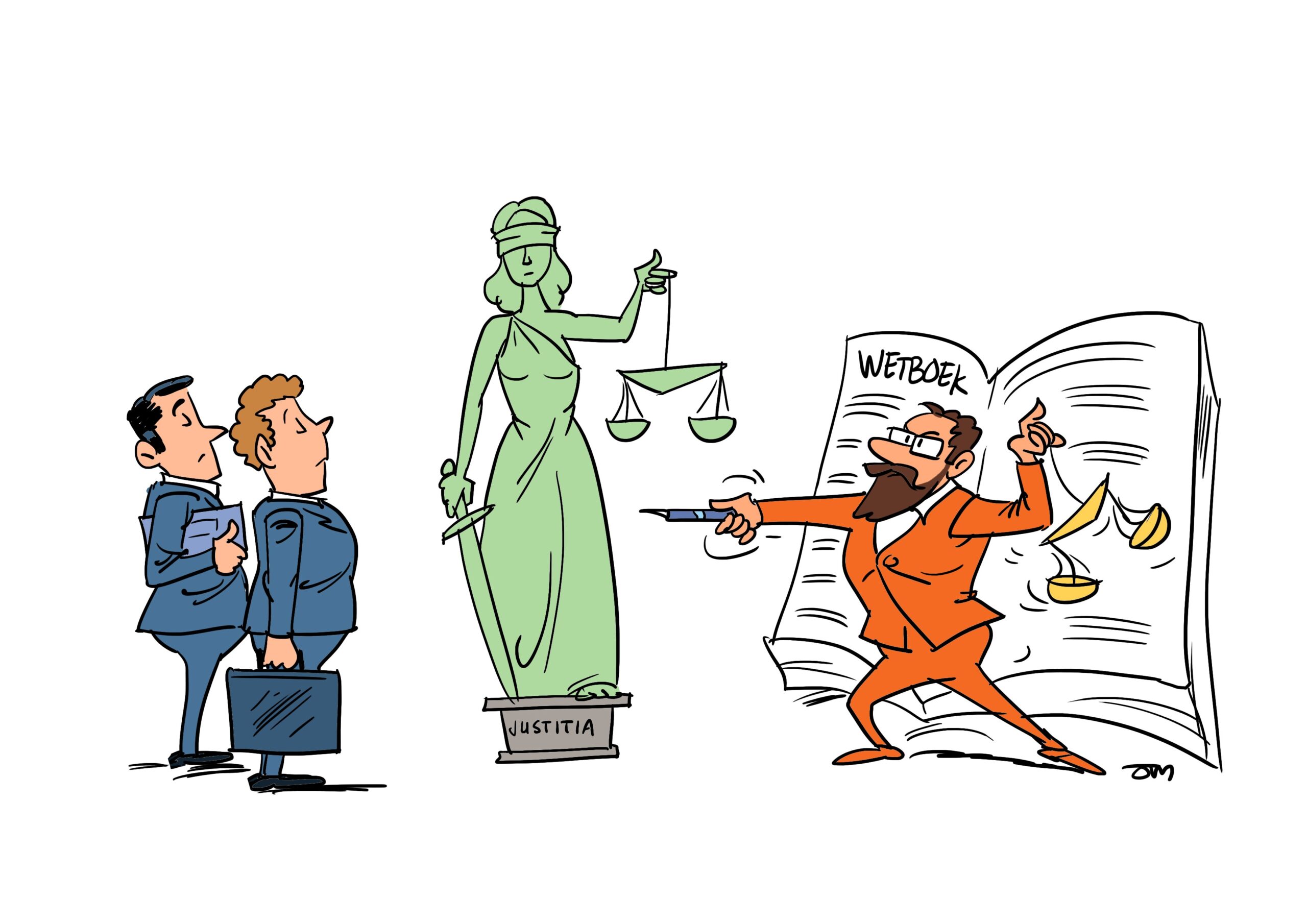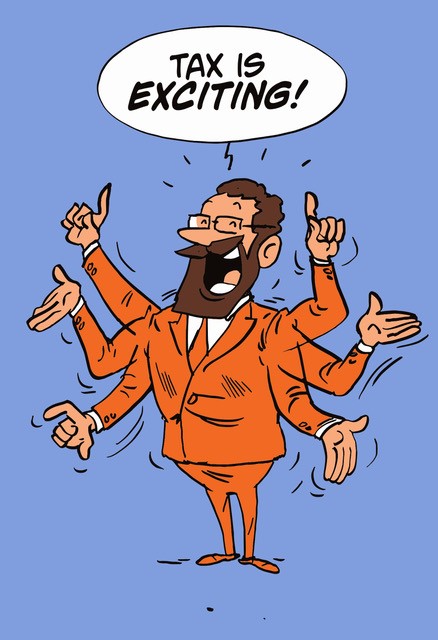An EU citizen complaint with the European court of Justice about the Dutch 30% ruling demands containing a request that is discriminating a part of the EU citizens. What is this about?
150 KM demand and discrimination
Mr Sopora lives and works in Germany. He was send by his German employer to start working in Rotterdam. Mr Sopora moved to the Netherlands and applied for the 30% ruling. His 30% ruling request was denied because he did not comply with the 150 km demand. He lived in Germany closer to the Dutch border than 150 km during a 24 month period before his first arrival in the Netherlands.
Mr Sopora was annoyed and went to court as he had the opinion he was being discriminated. The court denied his request. He continued to the Dutch high court, but the Dutch high court was not sure what to do, hence they forwarded the question to the European court of Justice.
150 km demand is not regarded discriminatory
EU citizens cannot be prevented to travel and work anywhere in the European Union. Any obstruction of this right can be allocated as being a discrimination. However, it is regarded a discrimination when certain nationals within the EU are prohibited to execute the afore mentioned right.
That said countries can set rules affecting the local tax regulations. The rule set by the Dutch Government to only make available the 30% ruling for incoming employees that were living during a 24 month period directly before their arrival outside a circle of 150 km from the Dutch border is acceptable.

This rule is not a discrimination of certain nationals. This rule prohibits any national living within this 150 km to apply for the 30% ruling. Therefore this rule is not regarded a discrimination based on EU legislation.
Being a crude rule does not yet make it a discriminatory rule
The rules set by the Dutch Government was meant to make the process more clear. Employees living within the 150 km from the Dutch border will find it unfair when they arrive in the Netherlands and the 30% ruling is not accessible for them. The fact that this rules has been set does not limit these employees in their right to freely travel and work throughout the European Union.
Orange Tax Services team
We are well experienced in the field of the 30% ruling and we will be glad to assist you with the application of the ruling, with a possible dispute you have with the ruling, or assist with your salary administration to process the ruling to its best effect.





